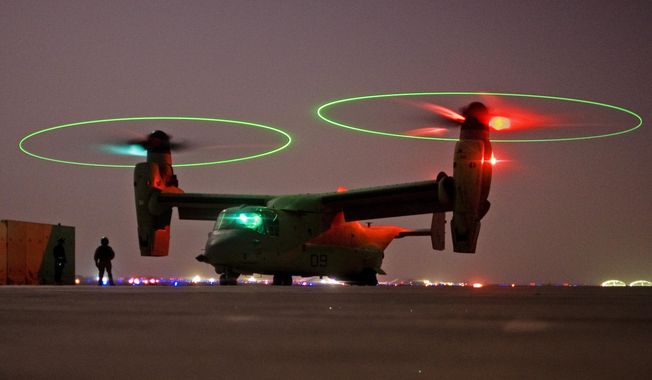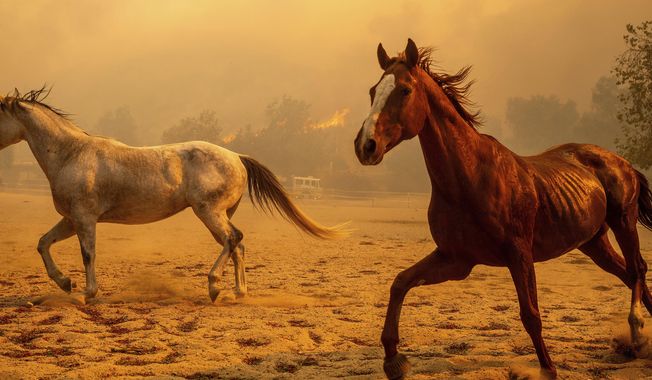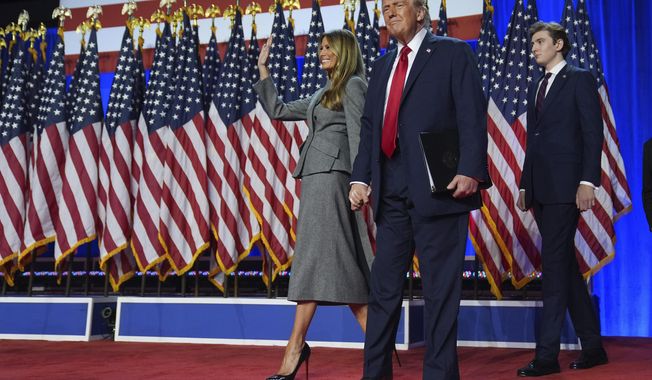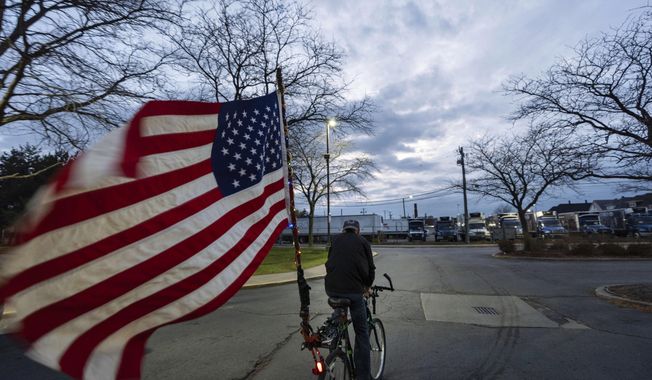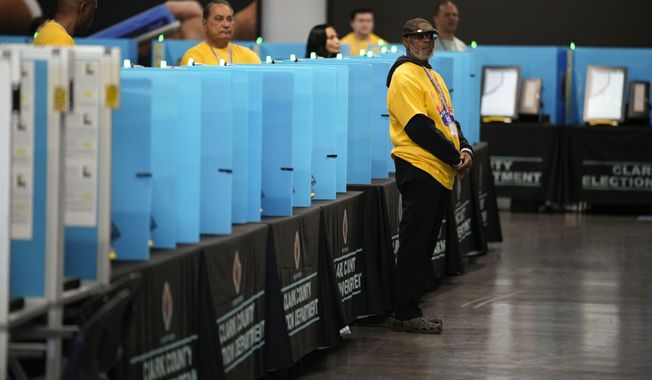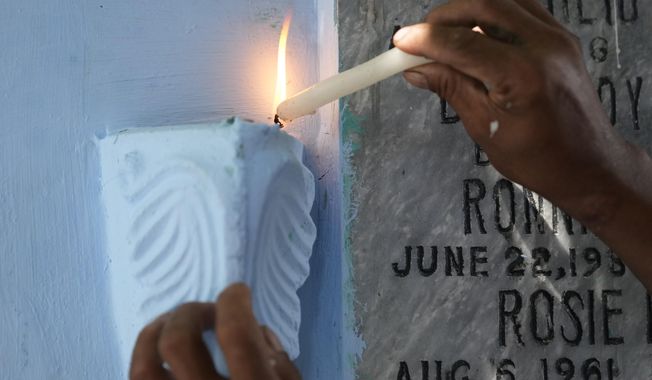
FILE - In this Sept. 18, 2009, file, photo, A soldier from the U.S. Army's 118th Military Police Co., based at Fort Bragg, N.C., respond to shots fired at a combat outpost in the Jalrez Valley in Afghanistan's Wardak Province. Moscow and Washington are intertwined in a complex and bloody history in Afghanistan, with both suffering thousands of dead and wounded in conflicts lasting for years. Now both superpowers are linked again over Afghanistan, with intelligence reports indicating Russia secretly offered bounties to the Taliban to kill American troops there. But analysts suggest that the two adversaries actually have more in common, especially when it comes to what they want to see in a postwar Afghanistan: a stable country that does not serve as a base for extremists to export terrorism. Both countries also are aligned in their opposition to militants from the Islamic State group.(AP Photo/Maya Alleruzzo, File)
Featured Photo Galleries
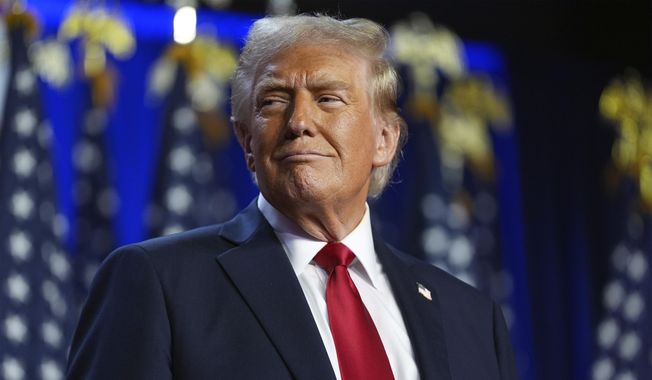
Trump Transition: Here are the people Trump has picked for key positions so far
President-elect Donald Trump has announced a flurry of picks for his incoming administration. Get full coverage of the Trump transition from The Washingon Times.
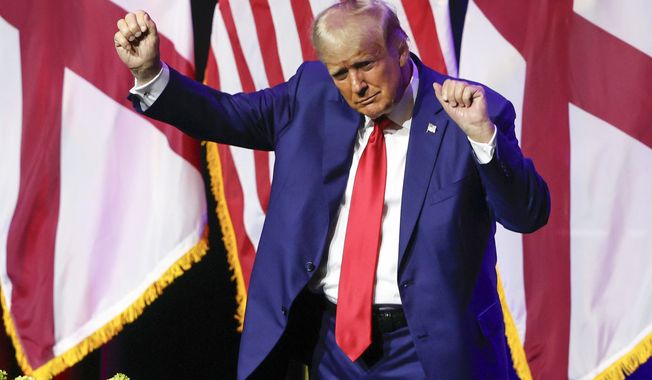
Trump dances onstage, takes post-election nation by storm
President-elect Trump dances onstage
